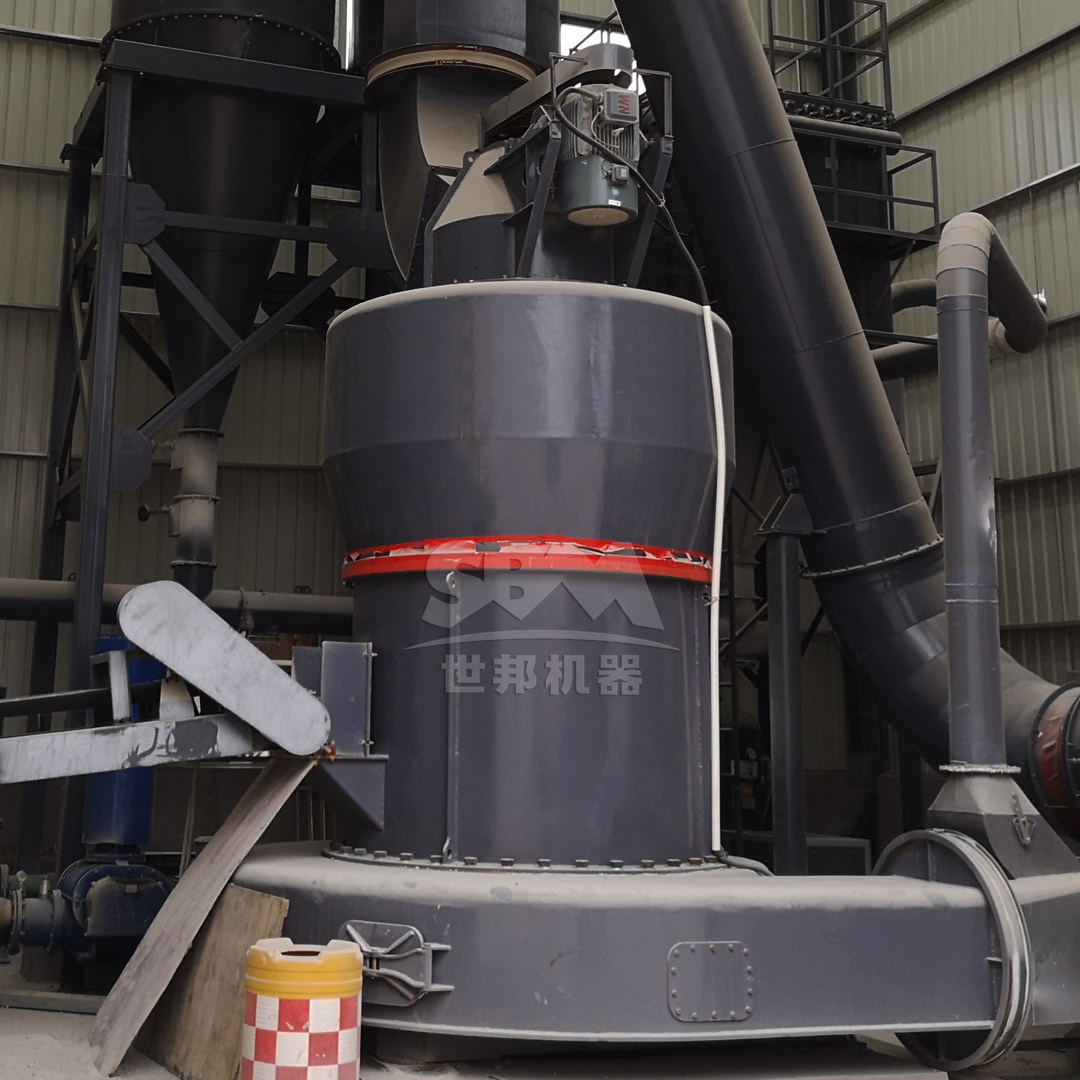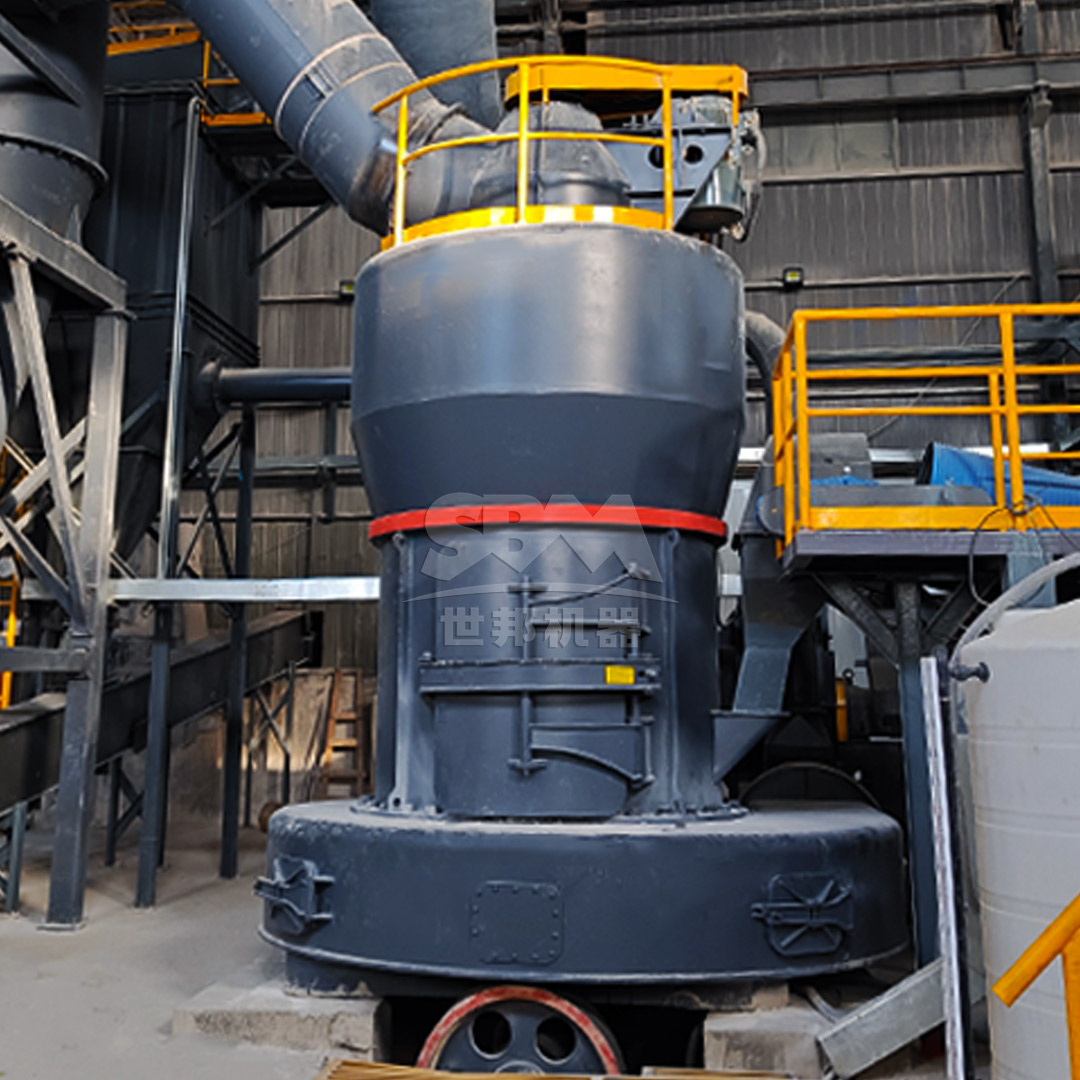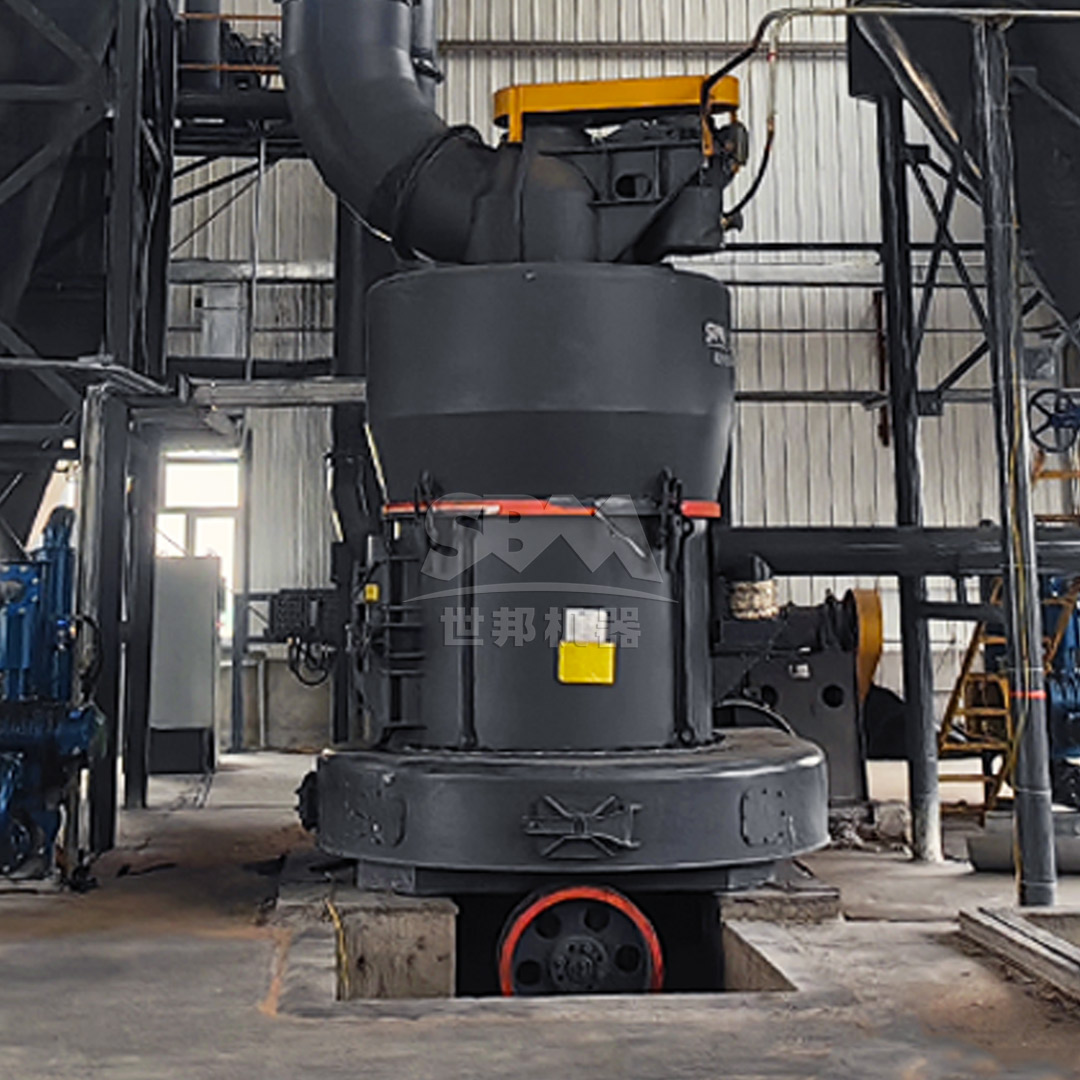The advanced ceramics industry has experienced remarkable growth in recent decades, driven by increasing demand across electronics, aerospace, medical devices, and industrial applications. At the heart of this technological revolution lies feldspar – a group of rock-forming minerals that serve as essential raw materials for ceramic production. The transformation of raw feldspar into high-performance ceramic components begins with a crucial process: ultrafine grinding. This article explores how advanced grinding technologies, particularly our SCM Ultrafine Mill, are revolutionizing feldspar processing for the ceramics industry.
In advanced ceramics manufacturing, particle size distribution directly impacts virtually every aspect of final product performance. Precise control over feldspar powder characteristics enables manufacturers to achieve superior mechanical strength, thermal stability, electrical properties, and surface finish in their ceramic products. Traditional grinding methods often fall short in delivering the consistency and fineness required for high-end applications, creating a pressing need for advanced milling solutions capable of producing powders with tightly controlled particle size distributions.

Feldspar presents unique challenges in ultrafine grinding operations. Its variable hardness (6-6.5 on Mohs scale), cleavage properties, and chemical composition require specialized milling approaches. Conventional grinding systems often struggle with inconsistent particle size distribution, contamination from wear parts, excessive energy consumption, and inadequate fineness control. These limitations become particularly problematic when targeting the sub-10μm particle sizes demanded by modern ceramic applications.
Successful feldspar processing for advanced ceramics requires equipment that can deliver:
Our SCM Ultrafine Mill represents a technological breakthrough specifically engineered to address the demanding requirements of feldspar grinding for advanced ceramics. This innovative system combines German grinding technology with Japanese quality standards, delivering unparalleled performance in ultrafine powder production.
| Parameter | Specification |
|---|---|
| Input Size | ≤20mm |
| Output Fineness | 325-2500 mesh (D97 ≤ 5μm) |
| Processing Capacity | 0.5-25 ton/h (model dependent) |
| Energy Consumption | 30% lower than jet mills |
The SCM Ultrafine Mill incorporates several proprietary technologies that make it ideally suited for feldspar processing:
High-Efficiency Grinding Mechanism: The mill employs a unique three-layer grinding ring design that creates multiple grinding zones. As feldspar material enters the grinding chamber, centrifugal force distributes it evenly across the grinding path. The progressive grinding action ensures efficient size reduction while minimizing energy consumption.
Precision Classification System: At the heart of the SCM Ultrafine Mill is its vertical turbine classifier, which enables precise particle size control. This system ensures that no coarse particles contaminate the final product, delivering the consistent fineness required for high-quality ceramic production. The classifier’s adjustable speed allows operators to fine-tune particle size distribution for specific ceramic applications.

Durability and Contamination Control: For feldspar grinding, contamination from worn grinding elements can compromise ceramic quality. The SCM Ultrafine Mill addresses this challenge with specially formulated roller and ring materials that provide exceptional wear resistance. The innovative bearing-free screw grinding chamber design further enhances operational stability and prevents lubricant contamination.
When evaluated against conventional grinding technologies, the SCM Ultrafine Mill demonstrates significant advantages for feldspar processing:
| Performance Metric | SCM Ultrafine Mill | Traditional Ball Mill | Jet Mill |
|---|---|---|---|
| Energy Efficiency | High (30% savings) | Low | Medium |
| Particle Size Control | Excellent (D97 ≤ 5μm) | Poor (>20μm) | Good (D97 ~10μm) |
| Contamination Risk | Very Low | High | Low |
| Operating Noise | ≤75dB | >95dB | >85dB |
The SCM series offers multiple models to match different production requirements:
For operations requiring preliminary size reduction or producing coarser feldspar powders for traditional ceramics, our MTW Series Trapezium Mill provides an excellent complementary solution. With input sizes up to 50mm and output fineness ranging from 30-325 mesh, this robust system handles larger feed materials efficiently.
The MTW Series incorporates several features that benefit feldspar grinding operations:
Advanced Wear Protection: The combination shovel blade design significantly reduces maintenance costs while the curved surface configuration extends roller service life. This is particularly valuable when processing abrasive feldspar materials.
Optimized Airflow Design: The curved air channel minimizes energy losses during material transport, enhancing overall system efficiency. High-strength protective plates safeguard critical wear surfaces in the airflow path.
Integrated Drive System: The bevel gear integrated transmission achieves 98% transmission efficiency while reducing installation footprint and costs. This compact design simplifies plant layout for ceramic production facilities.

The transition to advanced grinding technologies has yielded measurable improvements in ceramic product quality. Manufacturers utilizing our SCM Ultrafine Mill for feldspar processing report:
A leading electronic ceramics manufacturer transitioned from conventional ball milling to our SCM Ultrafine Mill for feldspar processing. The results demonstrated a 35% reduction in particle size variation, which translated to significantly improved dimensional stability in fired substrates. The consistent dielectric properties achieved enabled the manufacturer to enter new high-value market segments for 5G communication devices.
Beyond technical performance, modern grinding equipment must address environmental and economic imperatives. The SCM Ultrafine Mill incorporates comprehensive environmental protection features including pulse dust collection systems that exceed international standards and soundproofing technology that maintains operational noise below 75dB. From an economic perspective, the system’s 30% energy reduction compared to jet mills and minimal maintenance requirements deliver compelling return on investment, typically achieving payback periods of 12-18 months in continuous operation.
The advanced ceramics industry continues to evolve toward increasingly sophisticated applications with ever-stricter material requirements. Future developments in feldspar grinding will likely focus on enhanced digitalization, with real-time particle size monitoring and AI-driven process optimization becoming standard features. The integration of grinding systems with downstream processes will further improve overall manufacturing efficiency.
For ceramics manufacturers seeking to maintain competitive advantage, investing in advanced grinding technology is no longer optional but essential. Our SCM Ultrafine Mill and complementary MTW Series Trapezium Mill provide comprehensive solutions that address the full spectrum of feldspar processing requirements – from coarse reduction to ultrafine finishing. By enabling precise control over particle characteristics while delivering outstanding operational efficiency, these systems empower manufacturers to produce higher quality ceramics while optimizing production economics.
As material science continues to advance and ceramic applications become more demanding, the role of sophisticated grinding technology will only grow in importance. Companies that embrace these advanced processing solutions position themselves at the forefront of ceramic innovation, ready to meet the challenges of tomorrow’s materials marketplace.